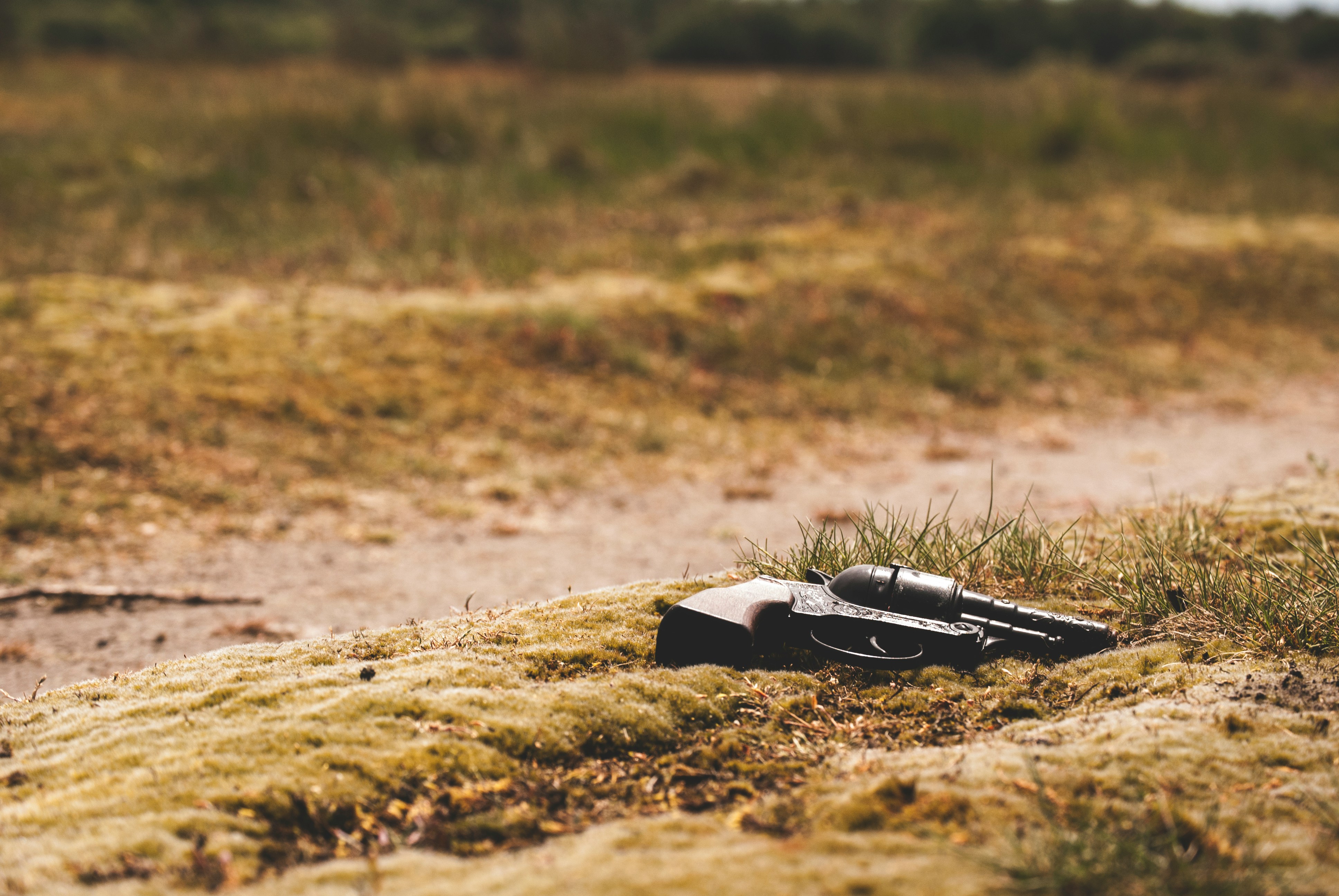Adding to Australia’s existing gun control framework, the ‘Permanent National Firearms Amnesty’ commenced on 1 July 2021. The program was introduced on a permanent basis following a successful three-month trial amnesty in 2017. All State and Territory Governments have agreed to and implemented the program.
How the Amnesty Works:
In New South Wales, it is a criminal offence under section 36 of the Firearms Act 1996 to possess an unregistered firearm. However, through the Amnesty program anyone in possession of an unregistered firearm or related items (ammunition etc) can hand them in anonymously and without penalty. You can also surrender unwanted firearms that are registered.
If you are surrendering a firearm, firearm related article, or prohibited weapon to a participating firearms dealer or police station during the amnesty you do not have to provide your personal details. You also do not have to provide the details of where you obtained the firearm, firearm related article, or prohibited weapon.
The amnesty provides an exemption from the possession restrictions for an unregistered firearm or firearm related article while at (or proceeding to) a participating firearms dealer for the purposes of registration, surrender or supply or while at (or proceeding to) a police station for the purposes of surrender. It also provides an exemption for possessing a prohibited weapon while at (or proceeding to) a participating firearms dealer or police station for the purposes of surrender.
Nevertheless, the amnesty provisions do not apply to a person who is subject to a firearms or weapons prohibition order or to a person who is subject to an apprehended violence order or an interim apprehended violence order.
Individual states and territories manage their own respective arrangements for the surrender of firearms and/or firearm related articles. Accordingly, police stations and licensed firearms dealers in most states and territories can receive unregistered or unwanted firearms.
Examples of unregistered firearms which can be handed in include:
- firearms that should have been registered or surrendered during the 1996-1997 buy back but were not;
- firearms handed down to family members as part of deceased estates;
- any other unregistered firearm.
The Process:
In New South Wales, the firearm or firearm related articles can be surrendered to either a local police station or a participating firearm dealer. A list of participating firearm dealers in NSW can be found at: https://crimestoppers.com.au/firearmamnesty/declaregun/.
The amnesty allows for:
- Firearms or firearm related articles to be registered, supplied or surrendered to a participating firearm dealer without fear of prosecution.
- Firearms or firearm related articles to be surrendered to a police station without fear of prosecution.
- Prohibited weapons to be surrendered to a participating firearms dealer or police station without fear of prosecution.
The person surrendering the firearm should contact the participating firearms dealer or local police station in advance and prior to attending the location with a firearm, firearm related article, or prohibited weapon to arrange an appropriate drop off time.
Before taking the firearm to a participating firearms dealer or police station, they should also make sure the firearm is unloaded and where possible, remove the bolt or take any other steps to render the firearm safe.
The firearm should then be placed in a gun bag or wrapped in a blanket. Ammunition can be taken at the same time as a firearm; however, it must be stored in a separate bag, box or container.
If you or someone you know is charged with a firearms offence, it is essential that you receive legal advice from an experienced criminal defence lawyer. To discuss your options, call Hugo Law Group in Sydney (02 9696 1361), Canberra (02 5104 9640) or Perth (08 6255 6909) to make an appointment to speak to one of our lawyers.
